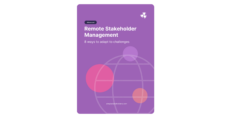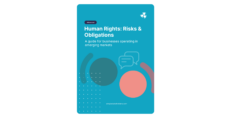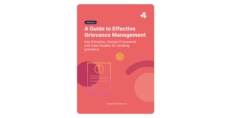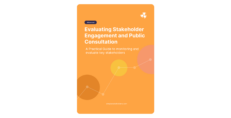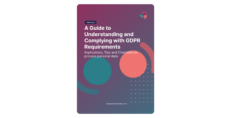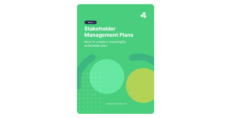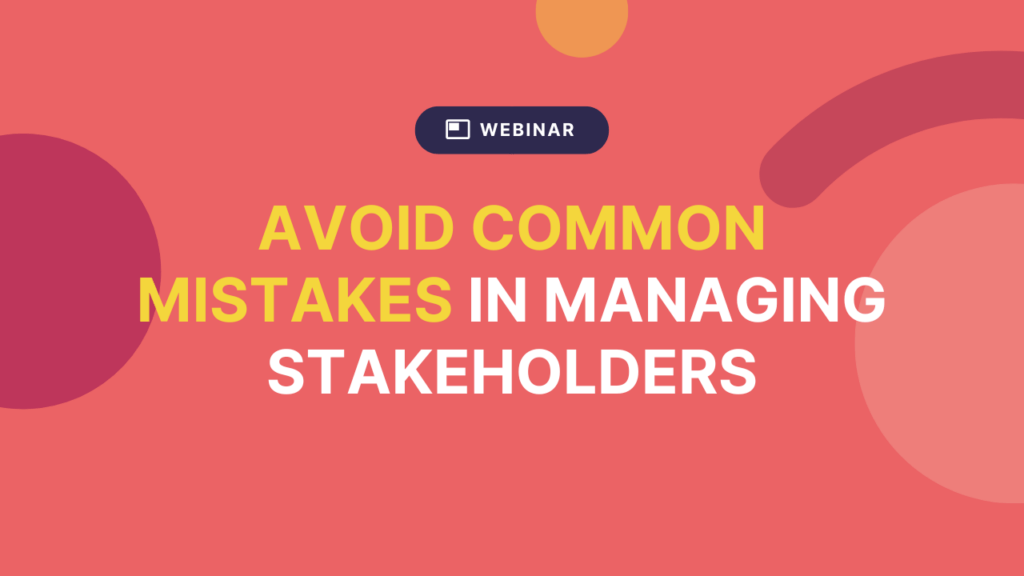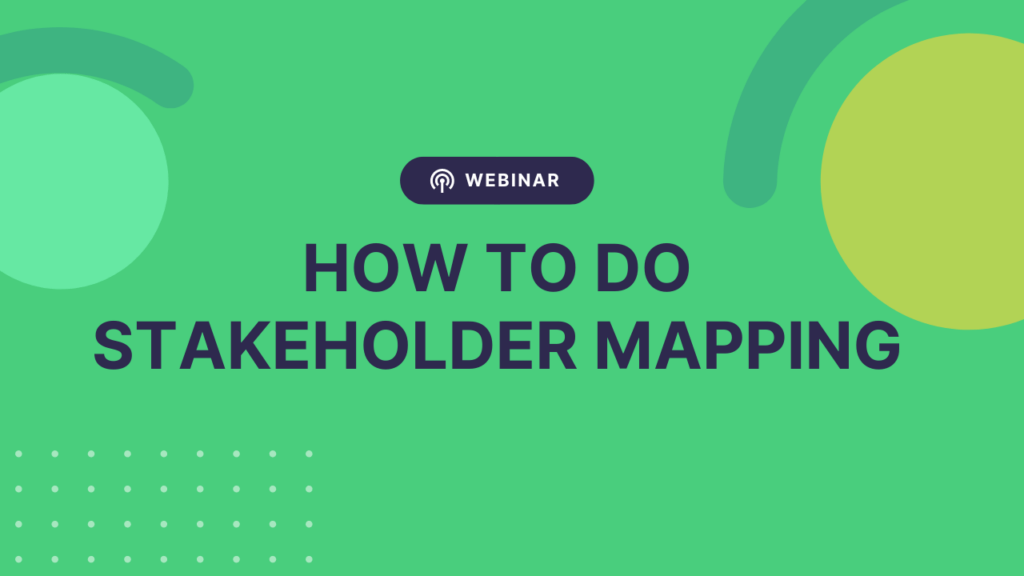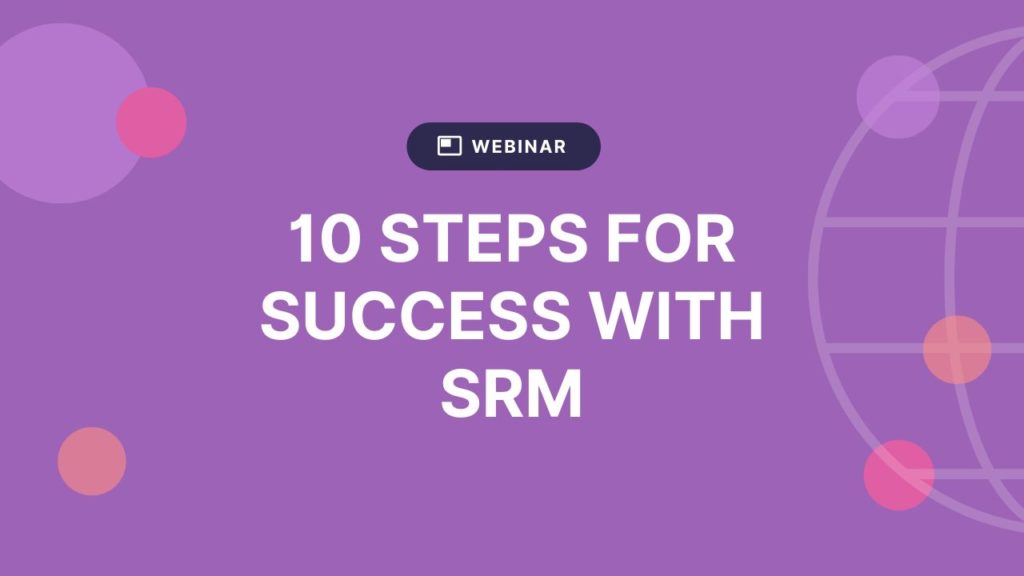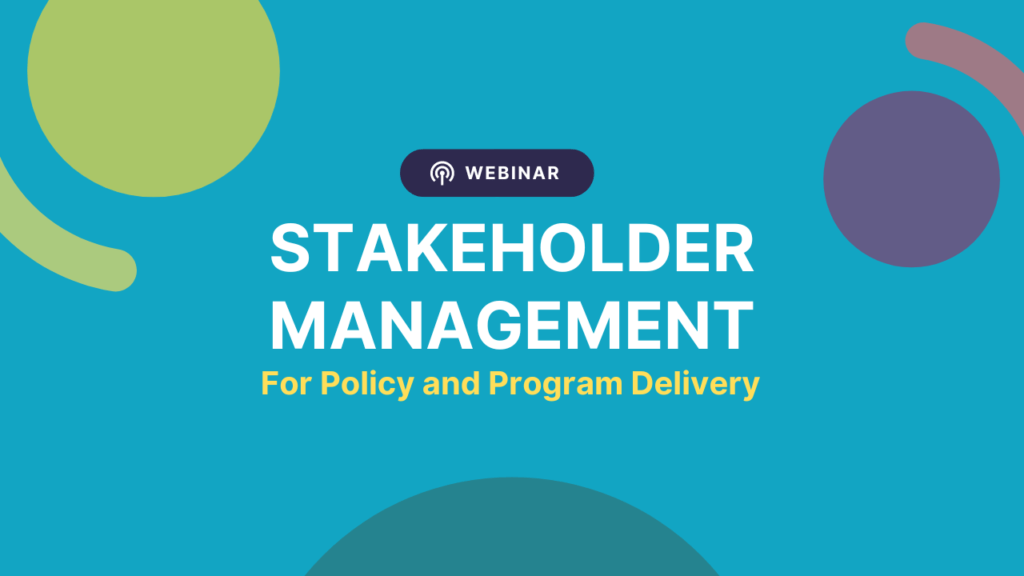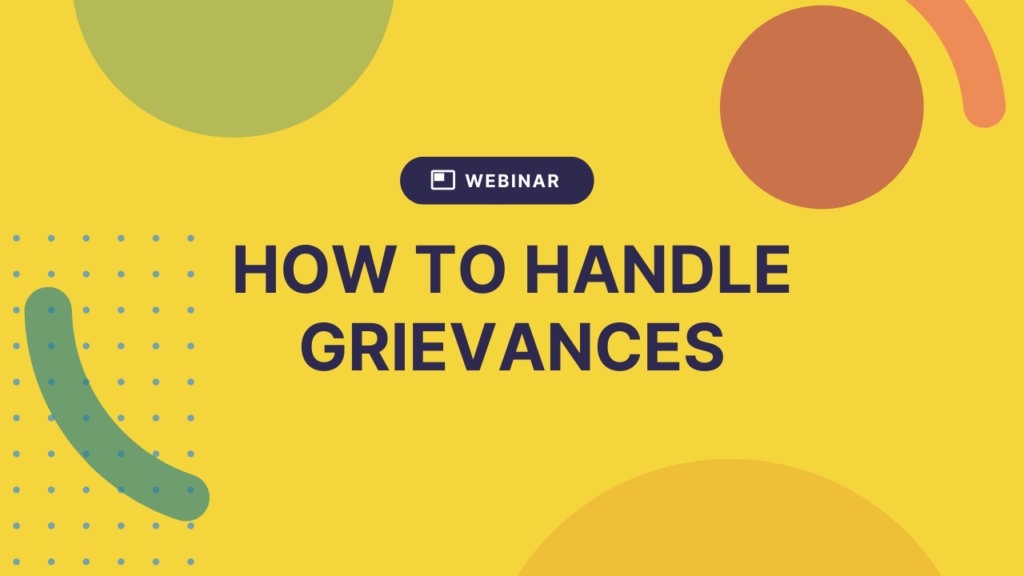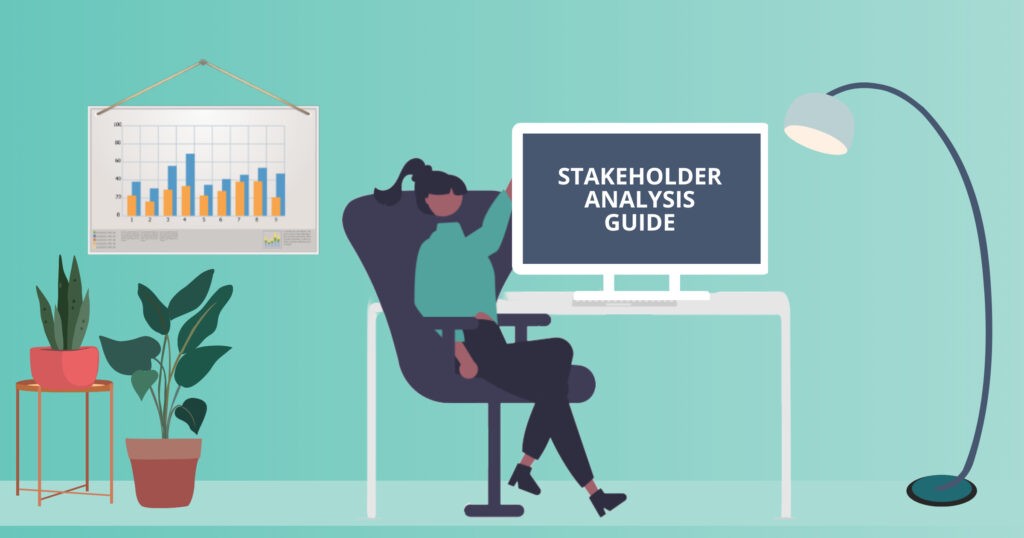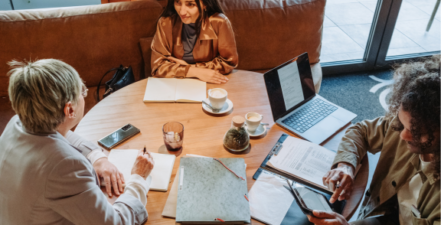The Importance of Indigenous Engagement & Consulting Traditional Owners

Need to engage with Indigenous groups for your policy or project?
Whether you’re directly involved in Indigenous community development or your work is likely to impact Traditional lands or Indigenous people groups, it’s a good idea to become familiar with the potential obligations, benefits, and processes involved in Indigenous engagement.
We share why it’s a good idea to prioritize Indigenous people and groups in your consultation, what’s involved, and some examples that help to demonstrate what can happen when you get your engagement right (and wrong!).
First, let’s start with some basics…
What it Means to Consult with Traditional Owners
Consulting with Traditional Owners involves an organization seeking out local Indigenous peoples and groups to request their involvement, permission, or advice for a project, decision, policy, or activity. Critically, the project or decision is taking place on or likely to impact the land owned by these people or groups — or land that they are Traditional Custodians over.
Speaking of basics… increasingly, consulting with Traditional Owners really is considered one of ‘the basics’ — and something that should be considered and incorporated into a stakeholder consultation process. We’ll share more about why in the next section.
Why Indigenous Engagement Matters
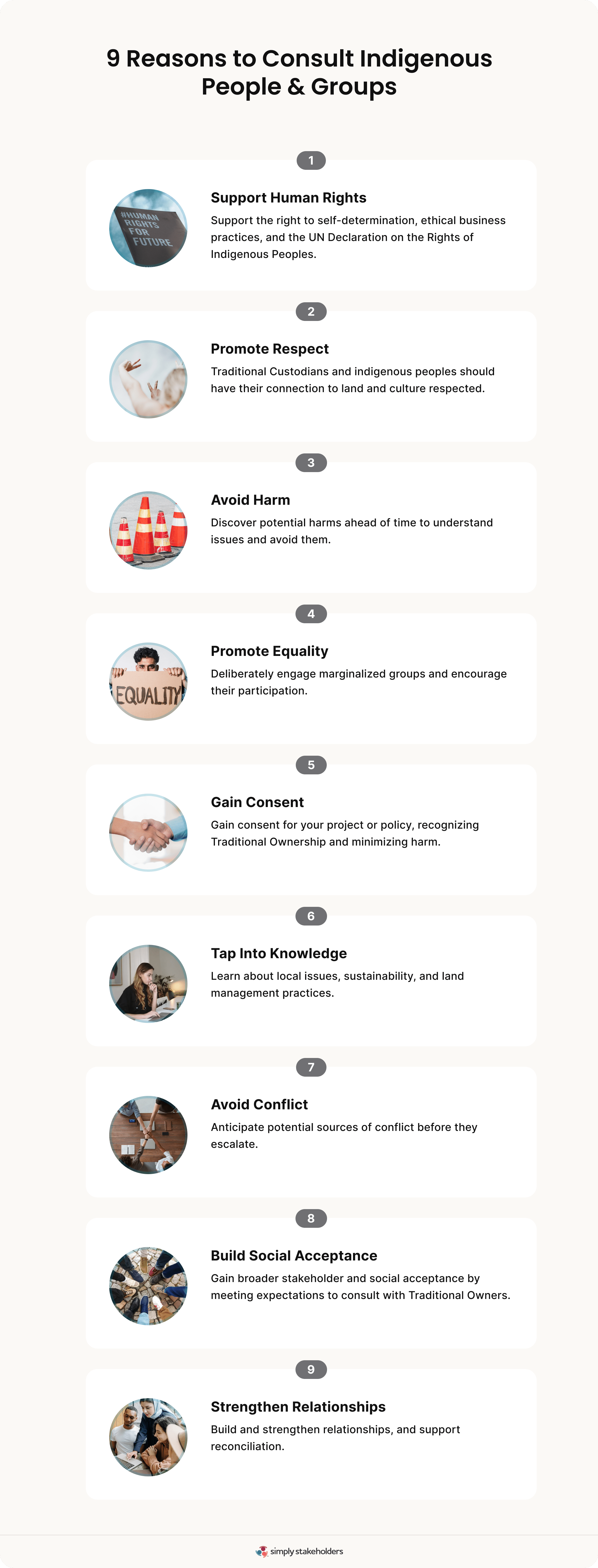
Indigenous engagement frequently occurs in countries with Indigenous populations, including Canada, the United States, Australia, and New Zealand. In many locations, organizations are often required by law to consult with Traditional Owners on certain types of projects or issues that relate to their lands or territories. But aside from legal obligations, engaging with first nations and Indigenous people and groups is important for other reasons, such as:
Support Human Rights
Stakeholder engagement is a part of human rights — people and groups (which naturally includes Indigenous people and groups) should be informed about and have the opportunity to be involved in decisions that affect them. Genuine consultation with Indigenous people and groups supports their right to self-determination and is considered an ethical business practice.
The United Nations Declaration on the Rights of Indigenous Peoples emphasises the importance of participation and consultation, as stated in:
- Article 18 – Indigenous peoples have the right to participate in decision-making in matters which would affect their rights…
- Article 19 – States shall consult and cooperate in good faith with the indigenous peoples… in order to obtain their free, prior and informed consent before adopting and implementing legislative or administrative measures that may affect them
- Article 30 – States shall undertake effective consultations with the indigenous peoples concerned… prior to using their lands or territories for military activities
- Article 32 – Indigenous peoples have the right to determine and develop priorities and strategies for the development or use of their lands or territories and other resources
Promote Respect
Consulting with Indigenous peoples is critical to respecting their deep connections to the land. On the other hand, going ahead with anything that may impact the land without first consulting Traditional Custodians and considering their perspectives and concerns is an act of disrespect.
Avoid Harm
Organizations should try to minimize potential harm that may come from their projects, policies, or decisions. Indigenous engagement can help to identify these potential harms ahead of time. This might include identifying significant cultural sites so that they can be protected, or uncovering beliefs and traditions that need to be understood and respected.
Promote Equality
Many Indigenous people face unique challenges compared to other local populations. In many areas, Indigenous populations are worse off when it comes to health, education, and housing. Organizations can help play a positive role by deliberately engaging with First Nations people to encourage participation in decisions that impact them. Especially when these populations may experience barriers to participating in the broader consultation process.
Gain Consent
Seeking consent from Traditional Custodians helps to recognize their ownership, ensure appropriate respect is given, and helps to reduce the likelihood of causing harm. In order to gain real consent from Traditional Owners, they must be appropriately informed, consulted with in advance (early on in the planning process), and must be freely able to consent (without coercion or manipulation).
Tap Into Knowledge
Many Indigenous peoples have lived on the land for thousands of years, and hold unique knowledge built up over many generations — especially traditional ecological knowledge relevant to sustainable resource use and land management. Organizations can benefit from consulting with Traditional Owners to tap into any knowledge that may impact their project or work.
Avoid Conflict
As you’ll see in some of the examples further down the page, failing to adequately consult with Indigenous people can lead to disputes, conflicts, legal challenges, and project delays. By appropriately engaging with Indigenous stakeholders, organizations may be able to anticipate and avoid conflicts before they escalate and impact the project.
Build Social Acceptance
Indigenous engagement is also often a stakeholder expectation, with increasing understanding of the importance of respecting indigenous customs, protecting cultural heritage, and the value of traditional knowledge. As such, engaging with First Nations and Traditional Custodians can also lead to broader stakeholder and social acceptance of your organization and project.
Strengthen Relationships
By engaging with stakeholders, organizations get an opportunity to build relationships that can be long-lasting and mutually beneficial. Not only that, but the process of building relationships and consulting can play an important role in reconciliation as communities and governments work to address historical wrongs committed against Indigenous peoples.
What’s Involved in Consulting Traditional Owners?
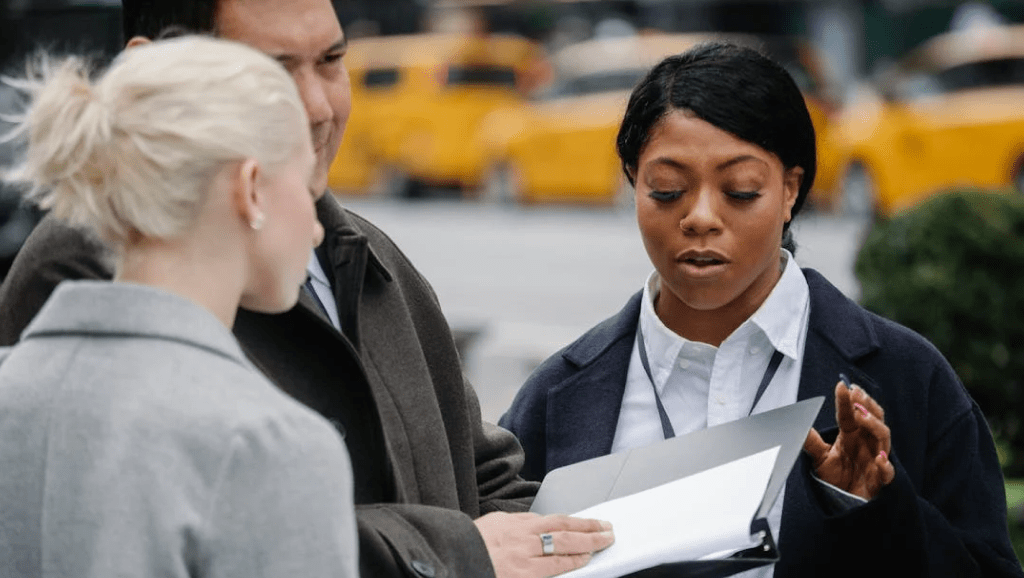
The process of consulting with Traditional Owners is often part of the overall stakeholder engagement process, including stakeholder identification, stakeholder analysis, stakeholder mapping, and implementation. However, some specific steps and considerations for engaging with Indigenous people might include:
- Identifying the Traditional Owners and relevant Indigenous groups by asking local authorities and reviewing reliable sources
- Using appropriate cultural protocols to communicate about your proposed policy, project, or activity
- Engaging groups to seek their input, concerns, and approval for any activities that impact them or their lands
- Actively seeking to avoid or minimize impacts on culturally significant sites
- Engaging in negotiation, where appropriate, to address any concerns raised by Traditional Owners and incorporating their feedback into the project, policy, or decision
- Where appropriate, formalizing agreements with Traditional Owners to outline conditions for proceeding with the project, including any protection measures and limitations
Finally, remember that genuine engagement means Indigenous knowledge and views are valued and considered in your decision-making. To understand the importance of genuine engagement (and the harm caused by tokenistic or symbolic engagement), check out Chapter 2.2 of the EPBC Act review that talks about how the Act prioritized the views of western science over Indigenous knowledge and views.
5 Examples That Demonstrate the Importance of Indigenous Engagement
The best way to understand why engaging with First Nations People and Traditional Owners matters is to look at some real life examples where organizations got this right — and wrong.
Western Australia Gas Development

Image source: http://www.reuters.com/
Off the Pilbara coast of Western Australia, a large US$12 billion gas development was put on hold in late 2023 after a Traditional Owner brought forward a legal challenge in court, claiming that she was not adequately consulted. The judge ruled that the original project approval was invalid, and the organization was required to halt testing and resubmit an environmental plan properly informed by adequate consultation with Traditional Owners.
New South Wales Water Resource Plan
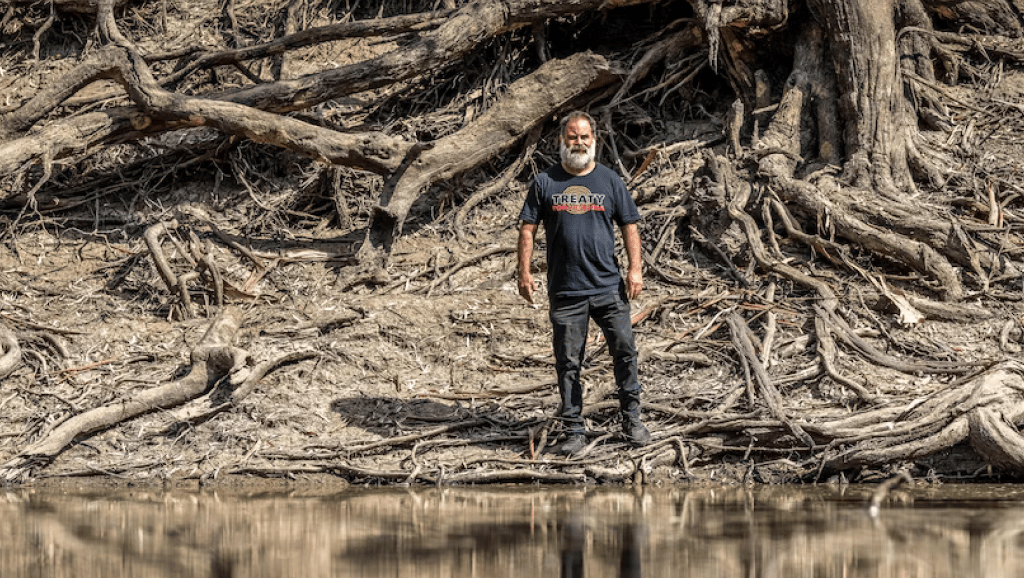
Image source: http://www.abc.net.au/
Also in late 2023, the previously approved New South Wales Fractured Rock Water Resource Plan was challenged by a confederation of 20 First Nations groups that claimed the plan failed to meet its legal requirements to engage and consult with Indigenous groups prior to approval. Concerns included:
- Lack of consultation on cultural, social, and spiritual aspects tied to water resources
- The plan not meeting criteria of the Murray-Darling Basin plan
- Incomplete consultation with several First Nations groups
- Some First Nations groups not consulted
Waraba Naming (Caboolture West Development) in South-East Queensland
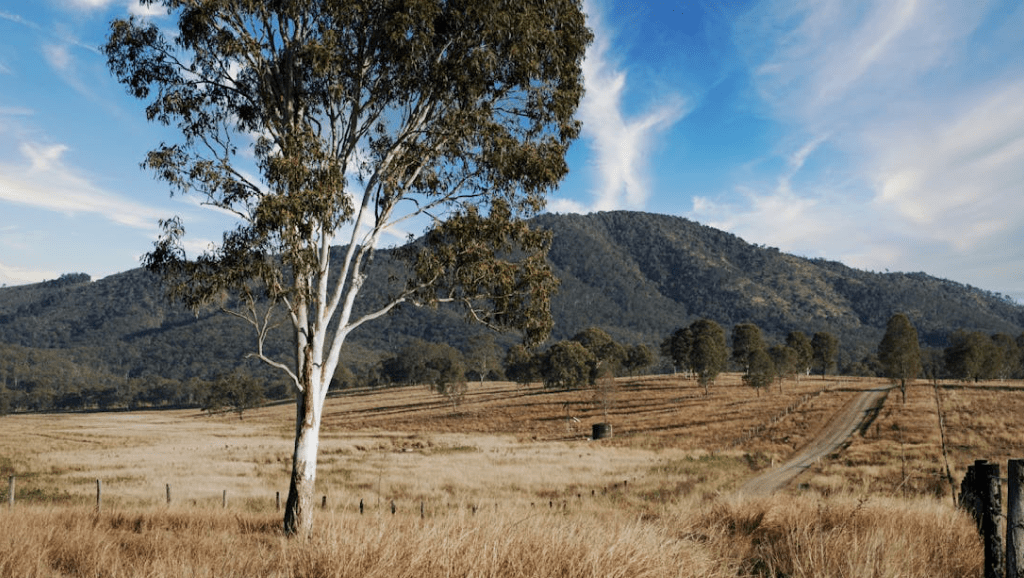
One positive example of engaging with First Nations and Indigenous groups is the Waraba place naming project in South-East Queensland.
As part of the process to name the new city and surrounding suburbs, the council engaged with the local Kabi Kabi people to ensure any new names would be culturally and historically appropriate, accurately reflect the local indigenous language, and have support from Traditional Custodians. This was important to meet the local Place Names Act 1994 legislation that stated ‘There must be consideration of place naming issues (6), including community views, cultural and historical significance, and Aboriginal tradition and Island custom’. But it also met the council’s goals of gaining community input into the naming processes to ensure the new names would be influenced by community values and suggestions, and would help to increase community support for the new names and boundaries.
The chosen city name, Waraba, comes from the Kabi Kabi language and means ‘burn’, reflecting traditional land management practices, new life, and a healthy land and people.
Ontario Government Roads Through Traditional Homelands
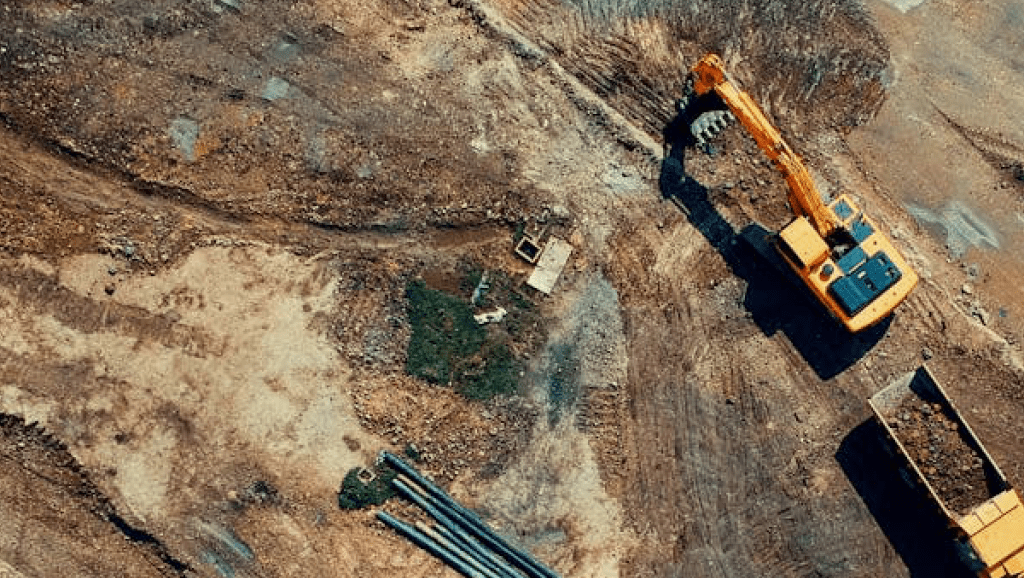
In 2021, Neskantaga First Nation took Ontario to court following their “recent experience of inadequate consultations on a component of a larger road project that will run through [the First Nation’s] homelands”, as well as the lack of guidelines in the Environmental Assessment Act on how to consult indigenous communities in crisis. Despite the community’s inability to meet in person since the pandemic began, the government held its consultation period and approved the terms of reference for environmental assessments on the proposed Ring of Fire roads.
Ontario Housing Bill

In 2022, the Ontario government passed Bill 23 (the More Homes Built Faster Act) without consulting First Nations, in spite of clashes with Indigenous communities over the development. A leaked cabinet document even listed various concerns about Indigenous communities’ response to the bill (almost all negative or critical), showing that the government was aware of the impact on Indigenous stakeholders.
In a statement released by Nishnawbe Aski Nation Grand Chief Derek, the government was “respectfully advised that development cannot proceed without full recognition of the rights of our nations.”
Get Tools to Support the Entire Engagement Process
Looking to upgrade your stakeholder engagement toolkit? Check out Simply Stakeholders — our platform includes loads of tools to help you engage more effectively and efficiently, including built-in stakeholder analysis and mapping, stakeholder tracking, issues and grievance management, and more.
Reach out to our team if you’d like a demo, or learn more about how our solution works here.








